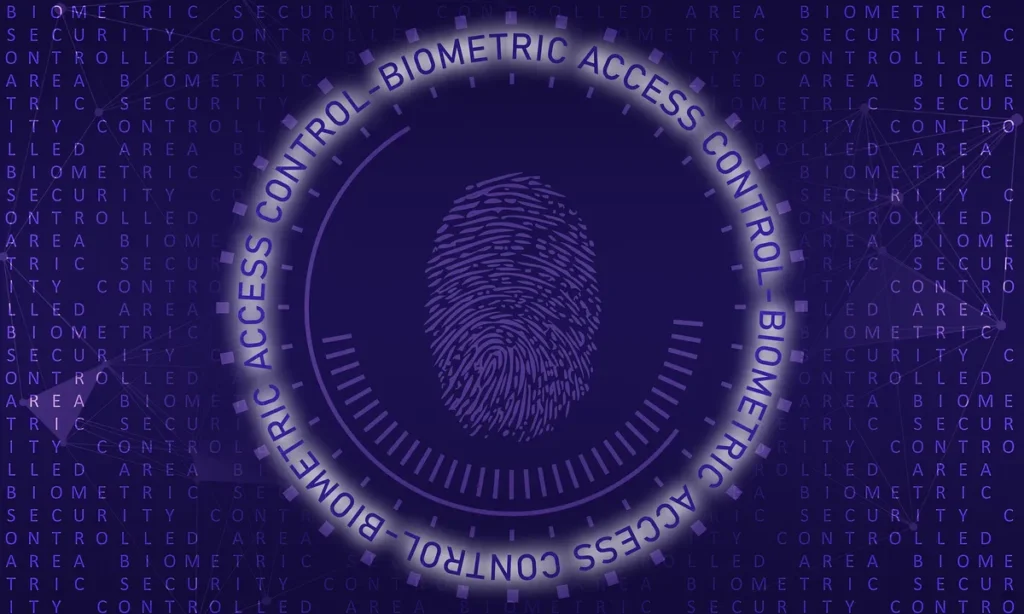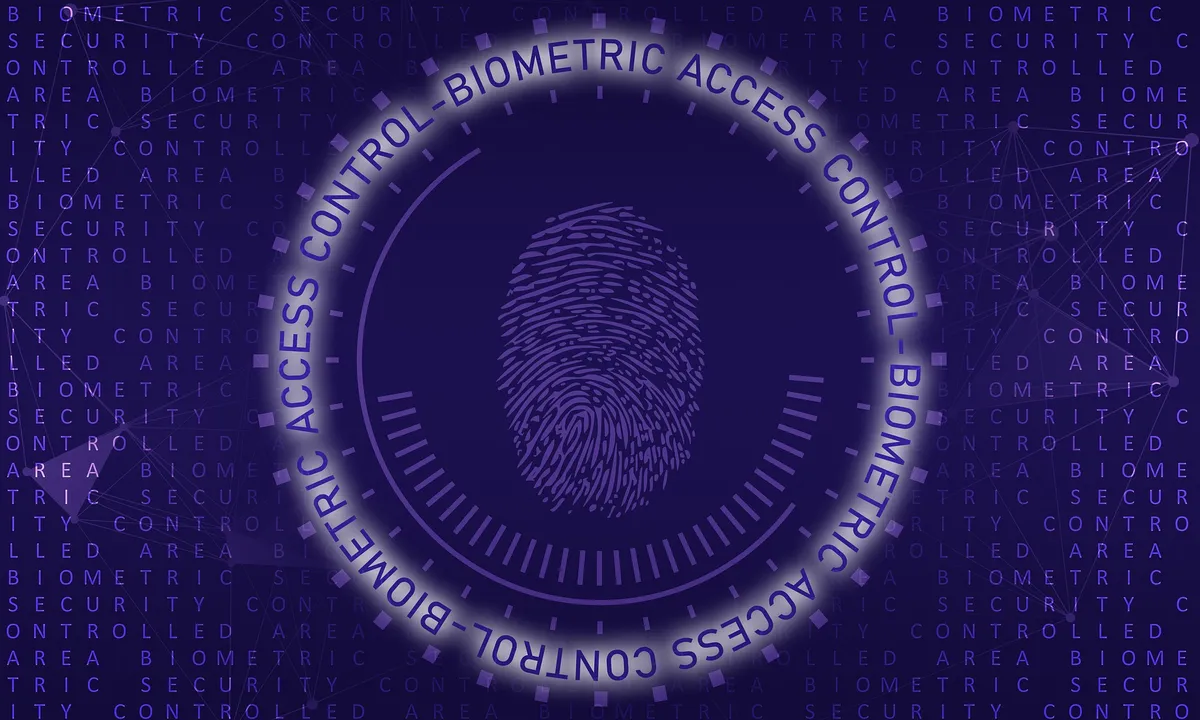Table of Contents
Digital Security Controls

Cloud computing has transformed the way businesses work, providing unparalleled scalability, flexibility, and cost-efficiency. However, the move to the cloud also introduces new security challenges. As organizations migrate their data and applications to cloud environments, ensuring robust security becomes paramount. In this blog, we will explore the importance of securing cloud environments and the role of digital security controls in empowering safety and trust in the cloud.
The Significance of Cloud Security
Cloud computing provides businesses with immense benefits, such as remote access, seamless collaboration, and rapid scalability. However, the shared responsibility model in cloud services means that while the cloud provider is responsible for securing the infrastructure, organizations must secure their data and applications within the cloud environment.
The importance of cloud security is highlighted by the following factors:
Protection of Sensitive Data
Cloud environments house vast amounts of sensitive data, including customer information, financial records, and intellectual property. Ensuring the confidentiality and integrity of this data is critical to maintain trust and comply with data protection regulations.
Mitigating Insider Threats
Cloud environments are accessible to authorized users from various locations. Mitigating insider threats and unauthorized access is essential to prevent data breaches and intellectual property theft.
Maintaining Business Continuity
Cyberattacks on cloud services can lead to service disruptions, affecting business continuity and revenue. Robust cloud security measures are essential to ensure uninterrupted operations.
Compliance with Regulations
Many industries must comply with strict data protection and privacy regulations. Cloud security controls are vital to meeting these compliance requirements and avoiding costly penalties.
Securing Cloud Environments with Digital Security Controls
Digital security controls play a crucial role in fortifying cloud environments against cyber threats. Implementing the following measures empowers organizations to enhance cloud security:
Identity and Access Management (IAM)
IAM solutions enforce strict access controls, ensuring that only authorized personnel can access sensitive data and applications in the cloud. Multi-factor authentication adds an extra layer of security to verify user identities.
Data Encryption
Encrypting data both in transit and at rest provides an additional safeguard against unauthorized access. Even if data is intercepted, strong encryption assures that it is illegible without the decryption key.
Network Security
Deploy robust firewalls, intrusion detection systems, and VPNs to secure network traffic within the cloud environment. Network segmentation limits lateral movement and reduces the impact of potential breaches.
Continuous Monitoring and Threat Detection
Real-time monitoring and advanced threat detection tools analyze cloud activity, enabling early detection of potential cyber threats and rapid response to incidents.
Incident Response and Disaster Recovery Planning
Develop comprehensive incident response and disaster recovery plans specific to cloud environments. These plans outline steps to address security incidents and restore services promptly.
Regular Audits and Compliance Checks
Conduct regular security audits and compliance assessments to ensure that cloud security controls are effectively implemented and aligned with industry standards and regulations.
Conclusion
Securing cloud environments is a shared responsibility between cloud providers and organizations. By embracing digital security controls, businesses can confidently navigate the cloud landscape while protecting sensitive data and ensuring continuous operations. From IAM and data encryption to continuous monitoring and incident response planning, these security measures fortify cloud environments against evolving cyber threats.
As businesses continue to leverage the power of the cloud, investing in cloud security becomes not just a business advantage but a necessity. Safeguard your cloud data, secure your business assets, and embrace the full potential of cloud computing with trust and confidence. Empower your safety in the cloud with robust digital security controls.



